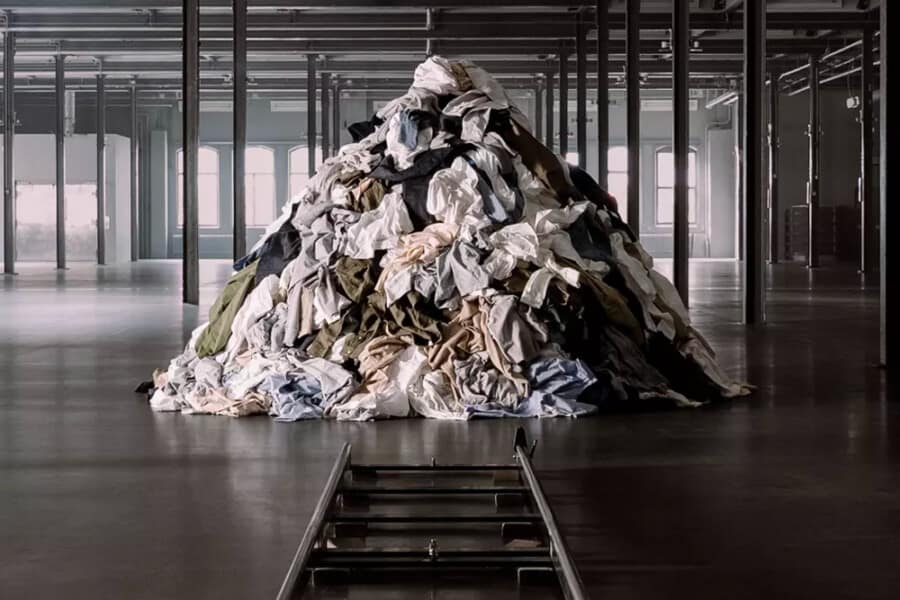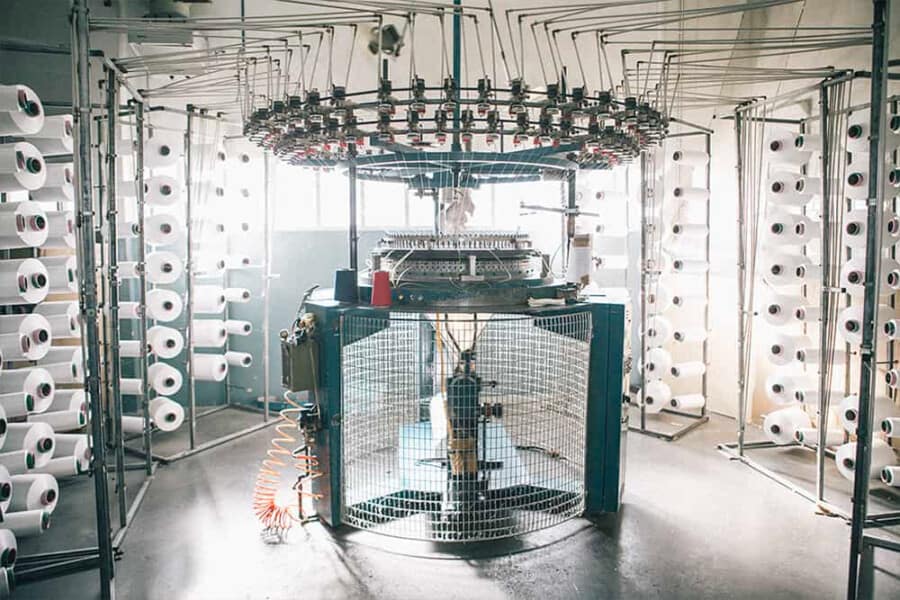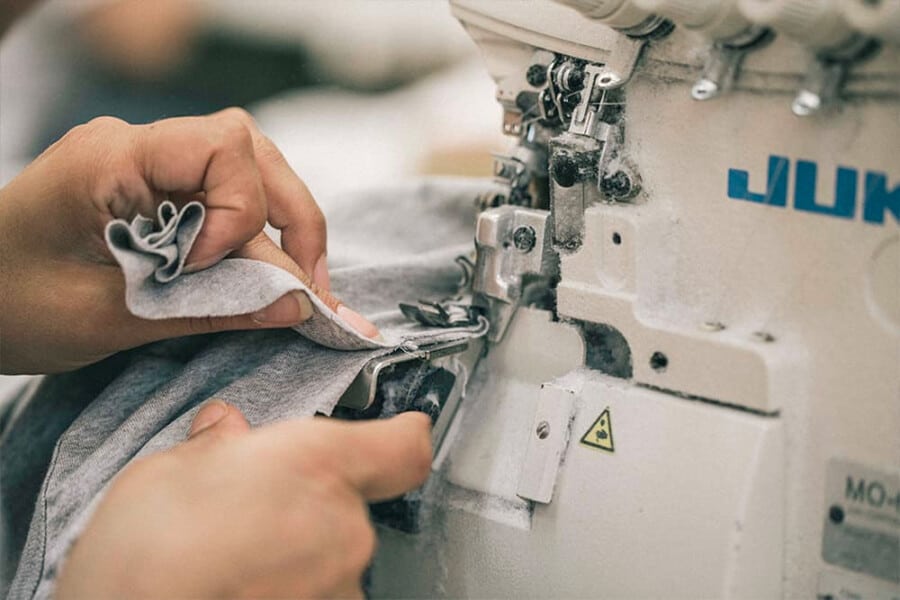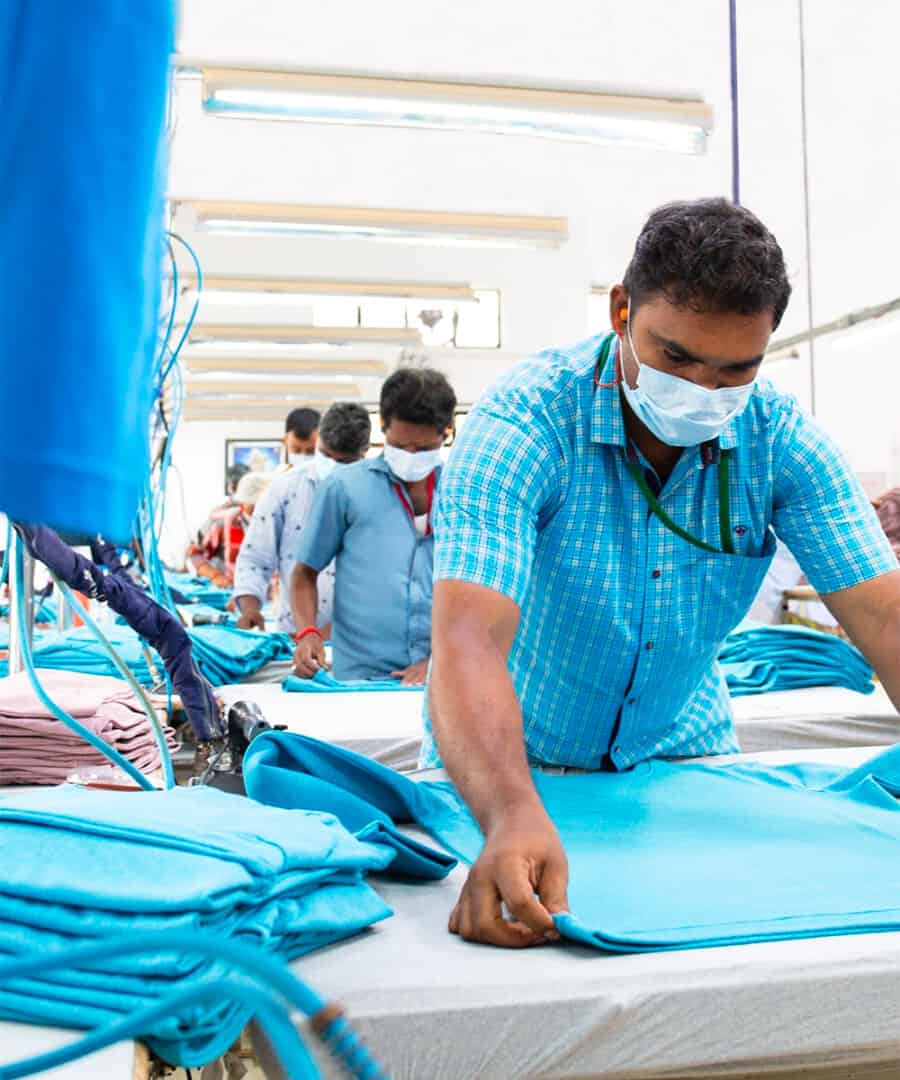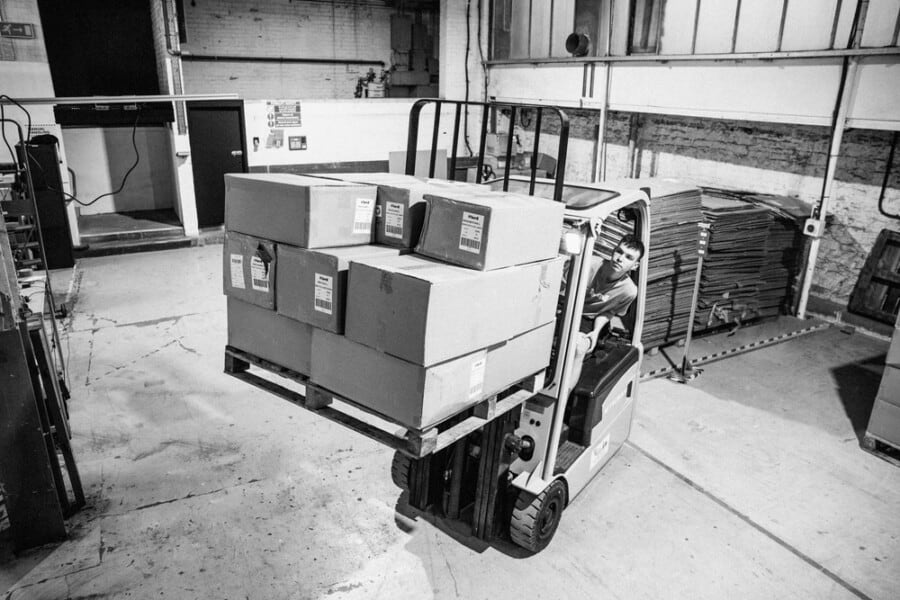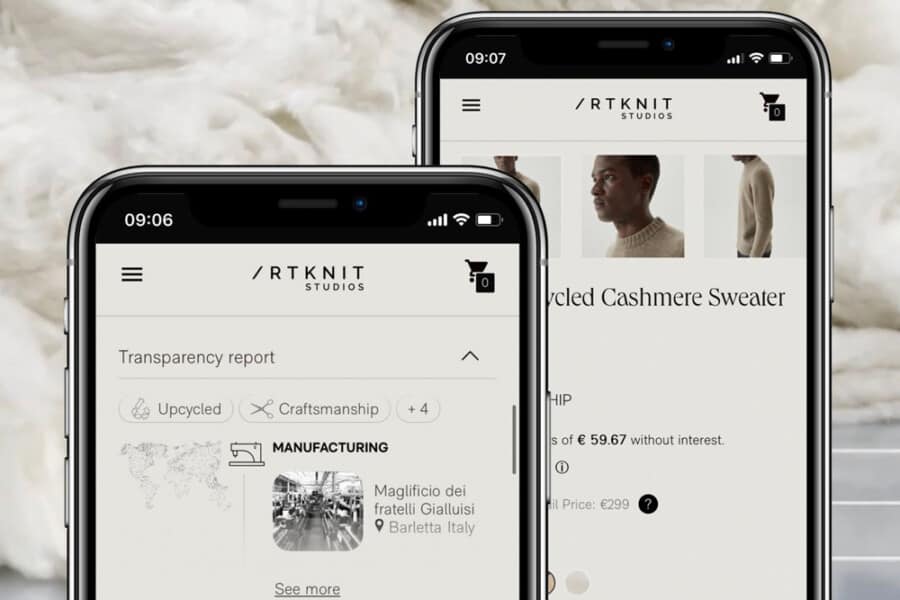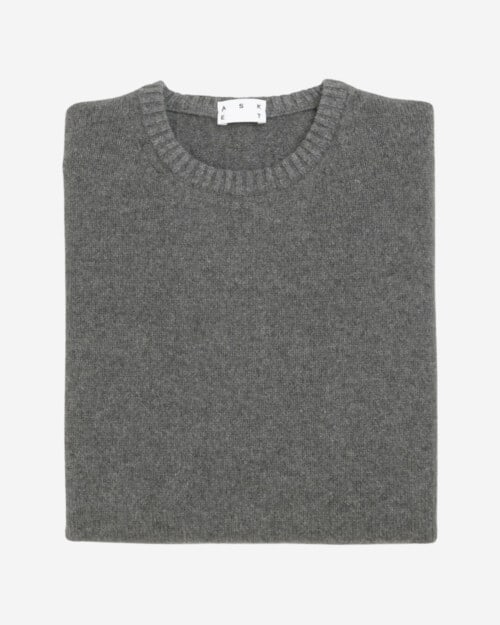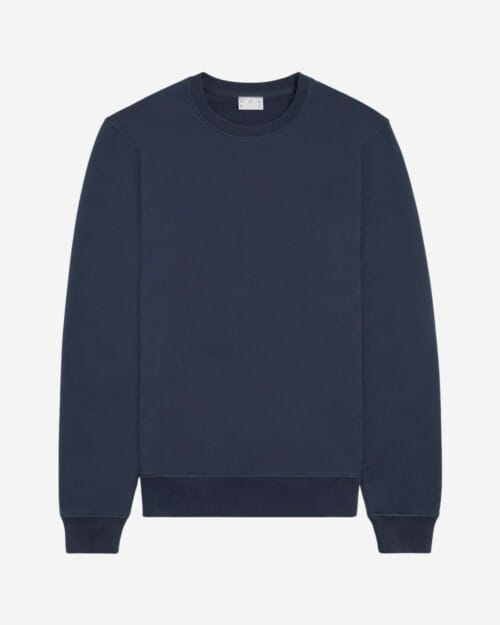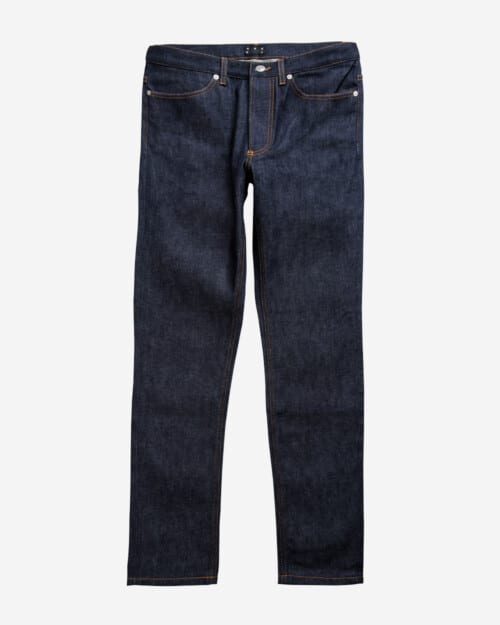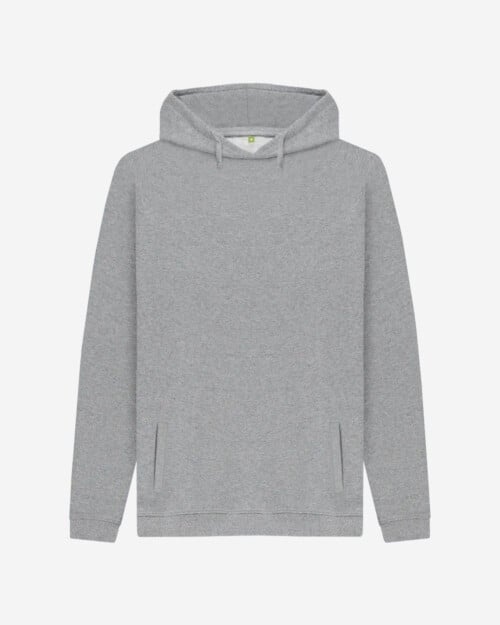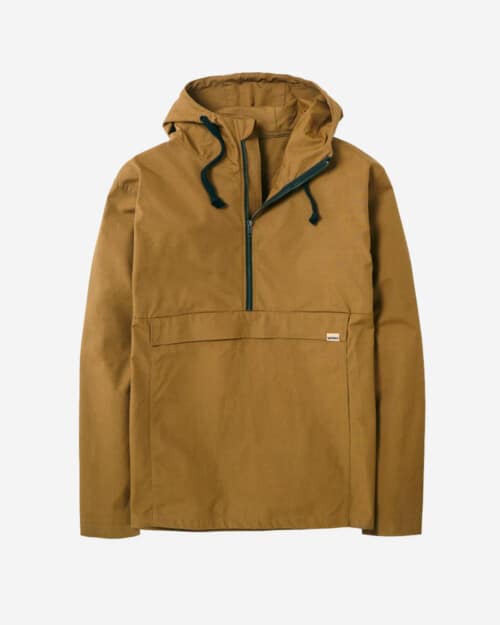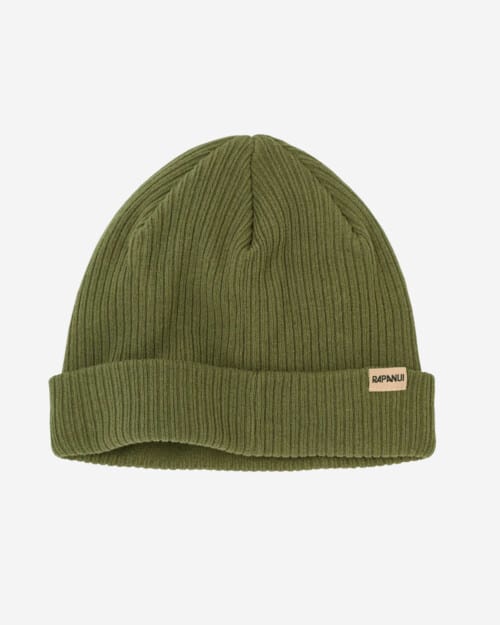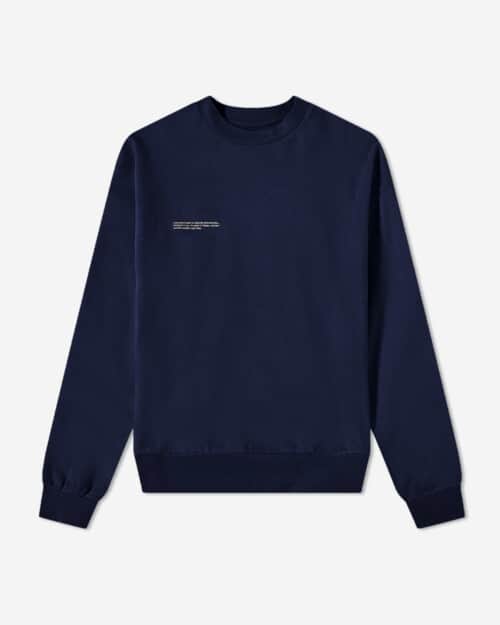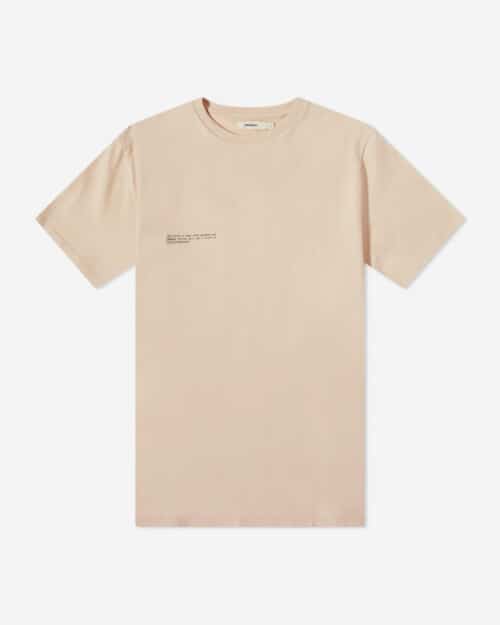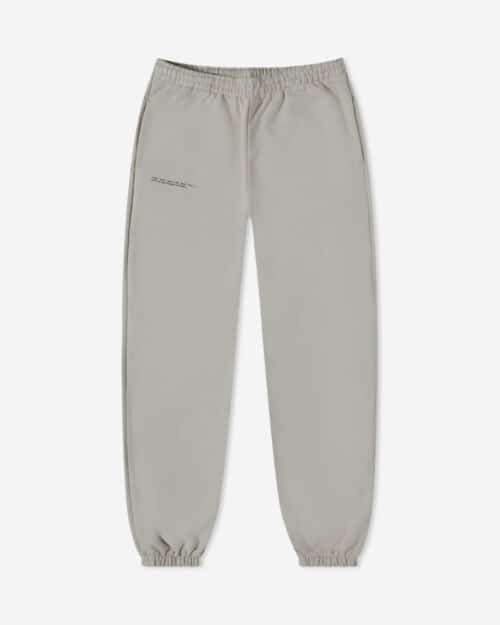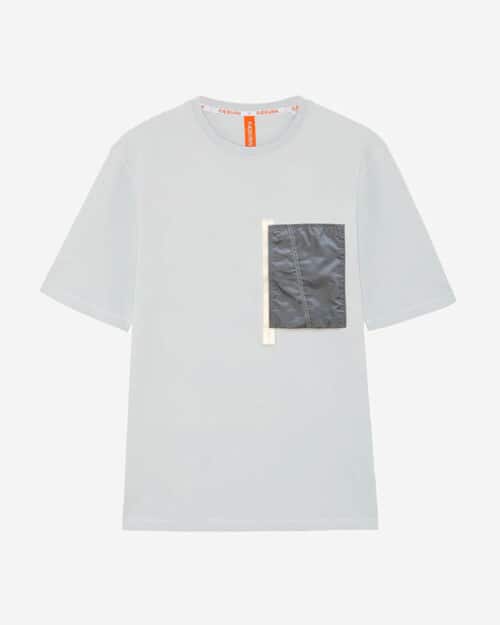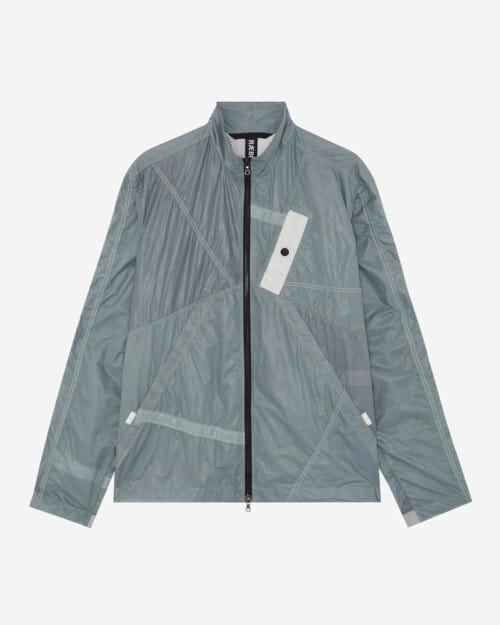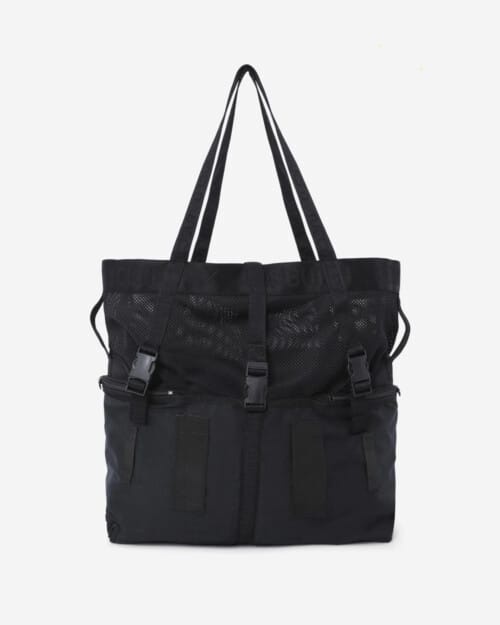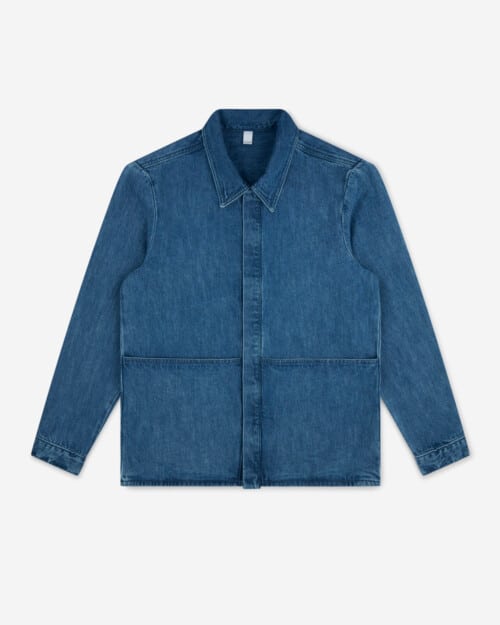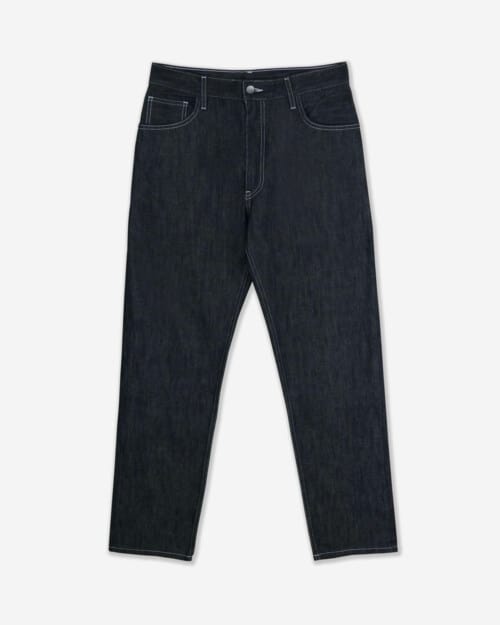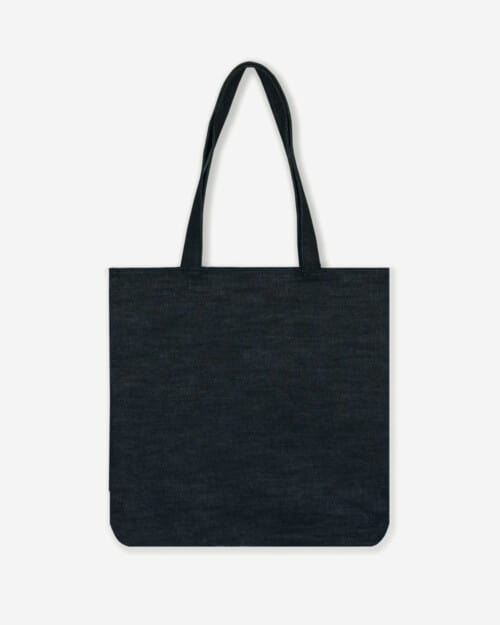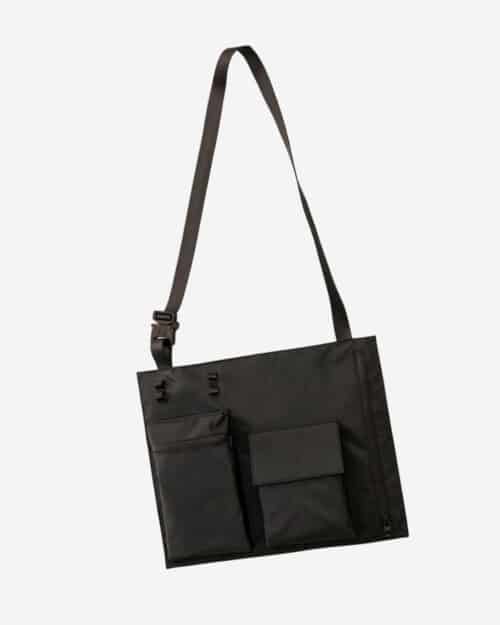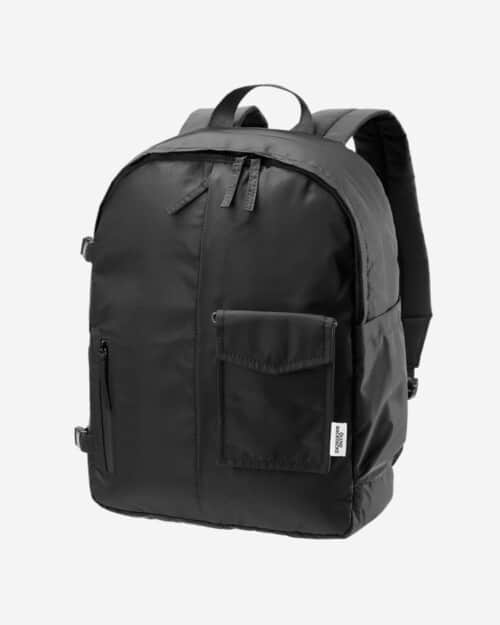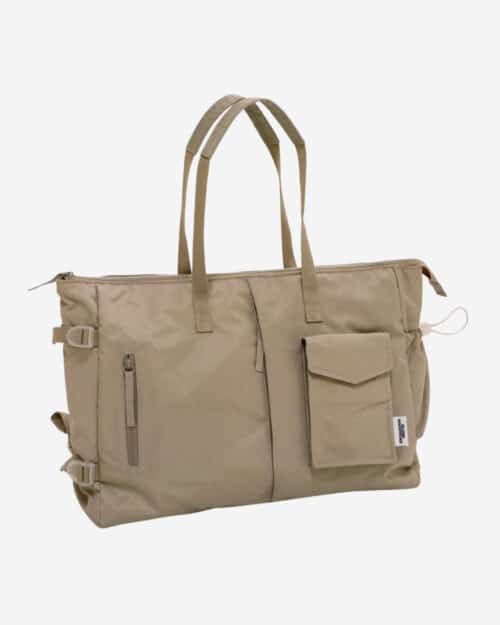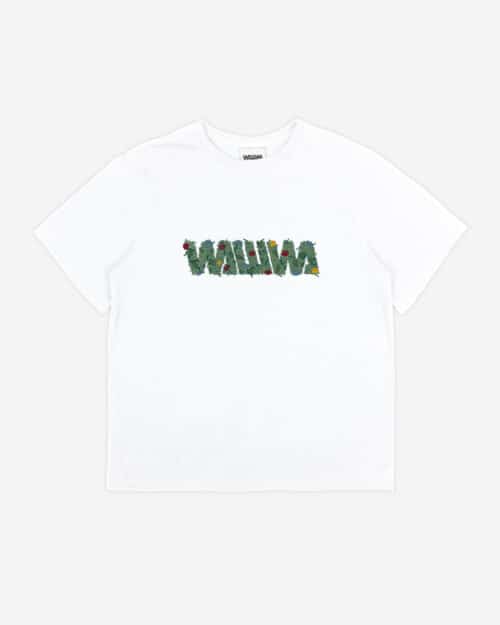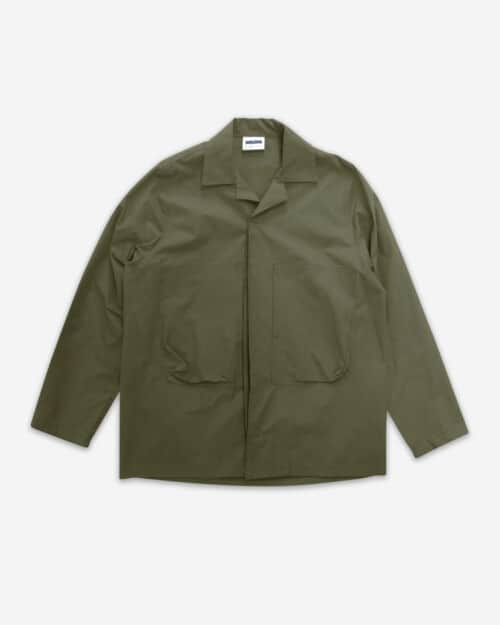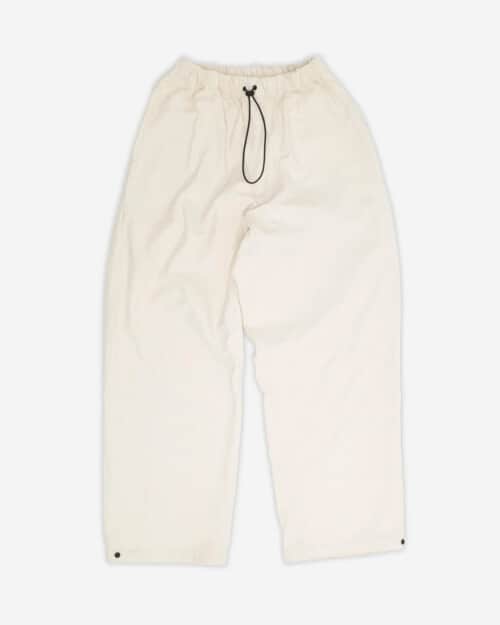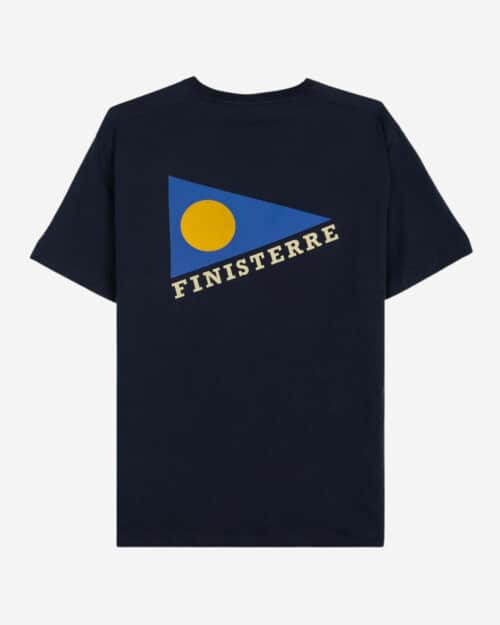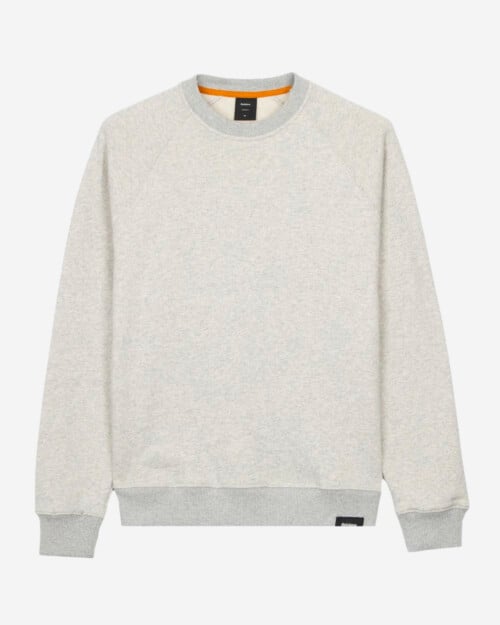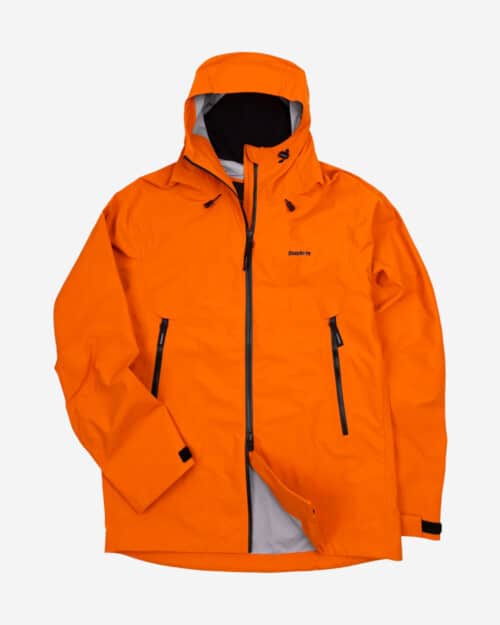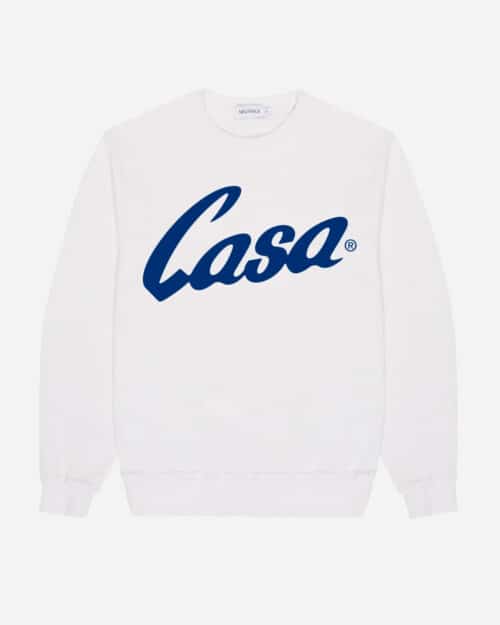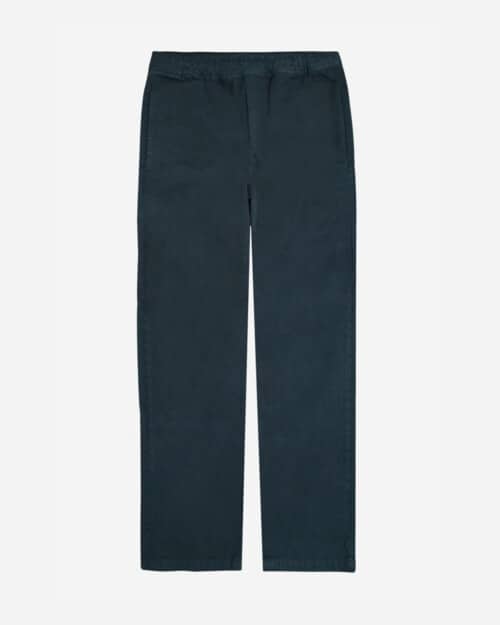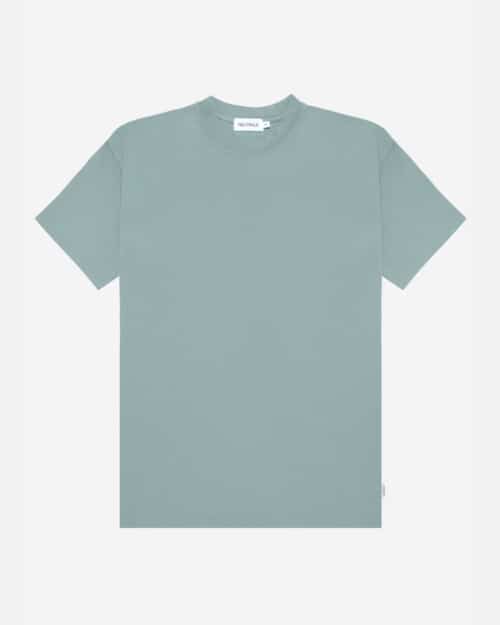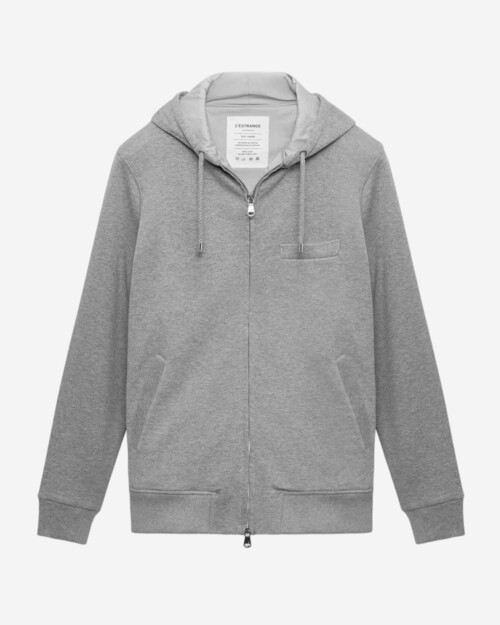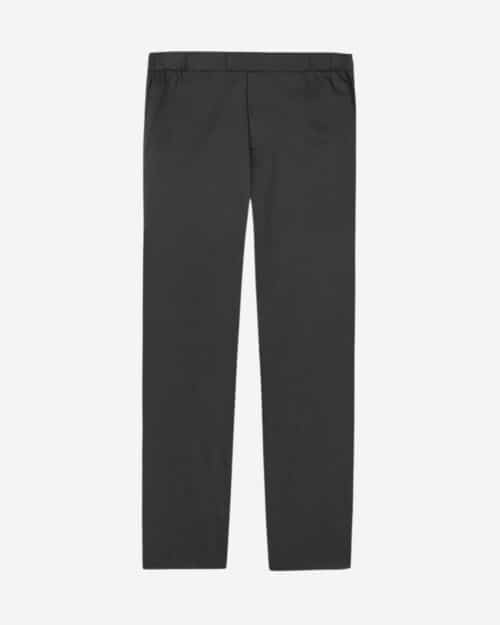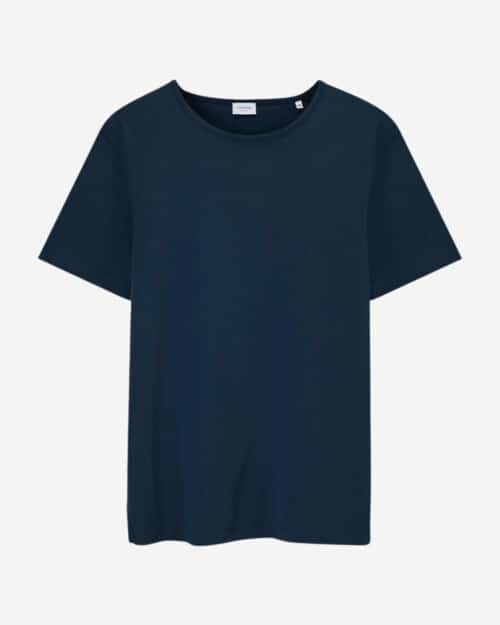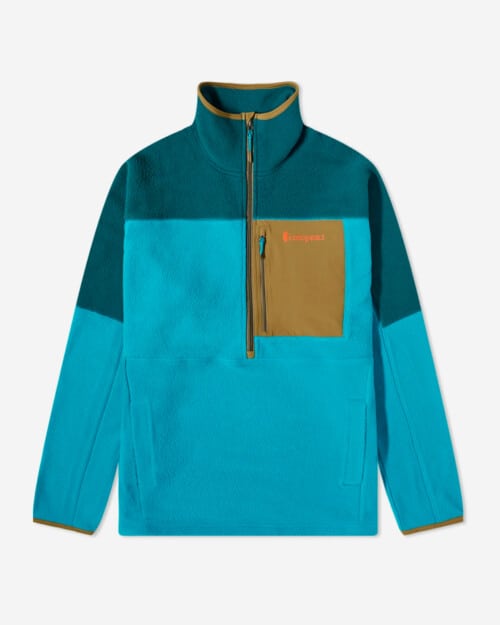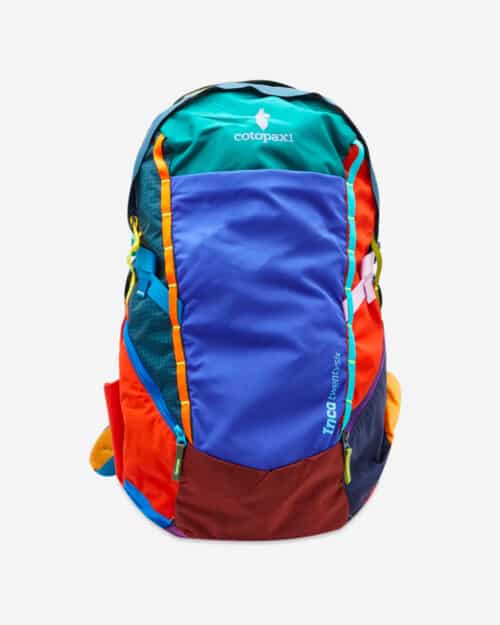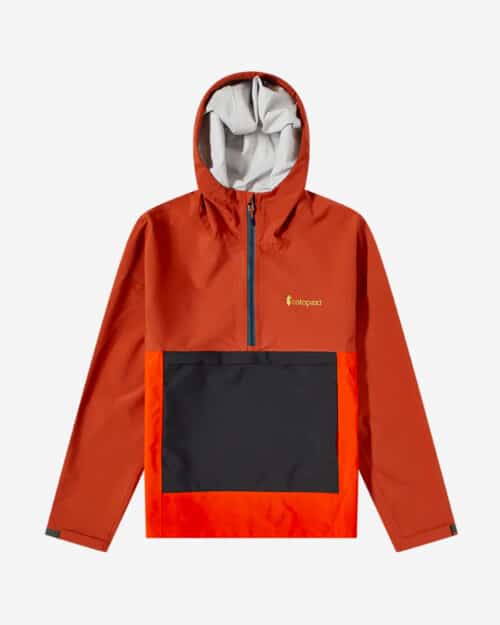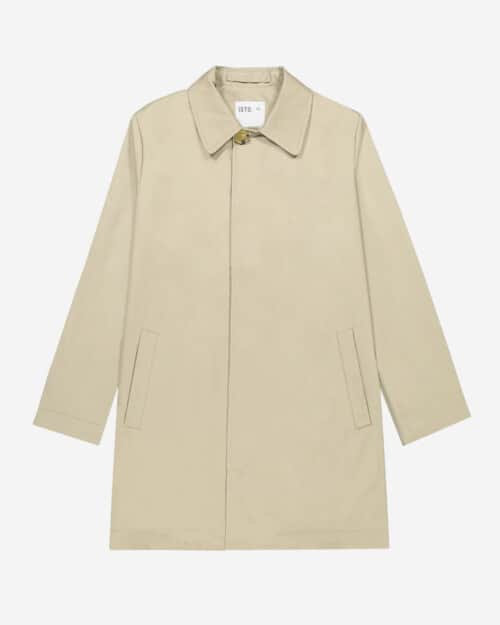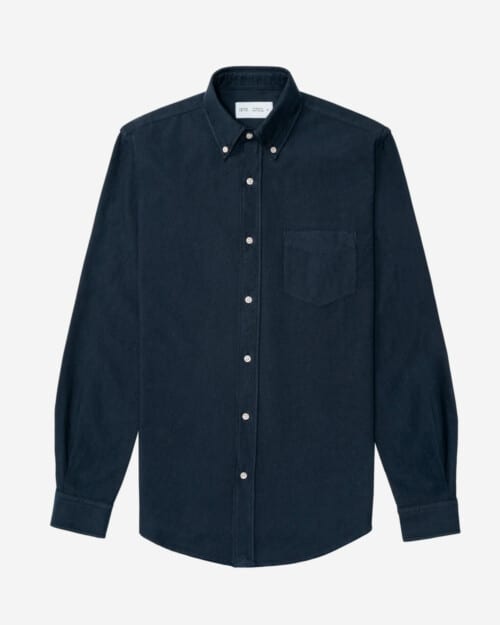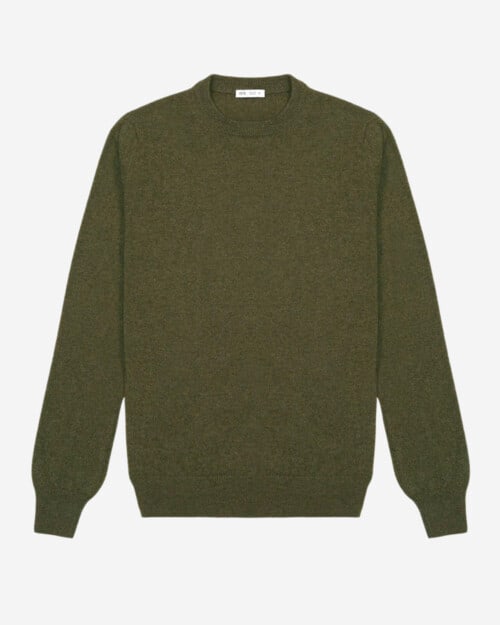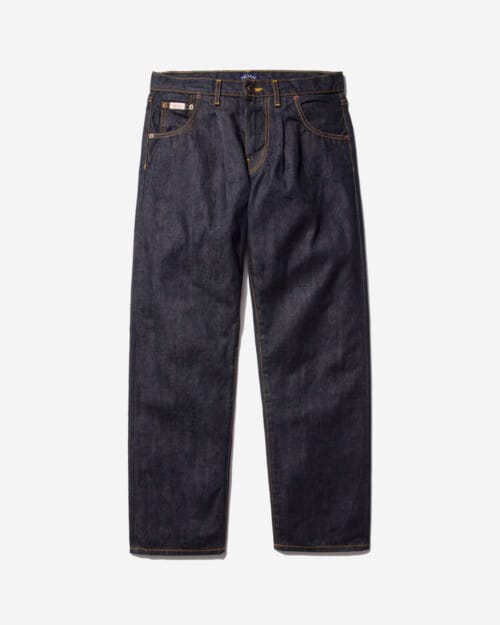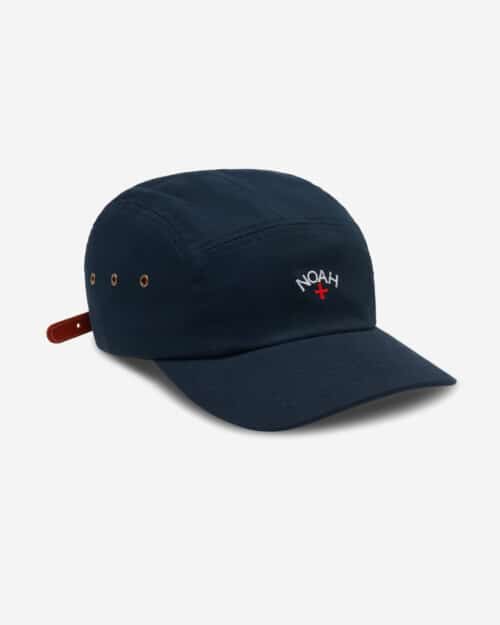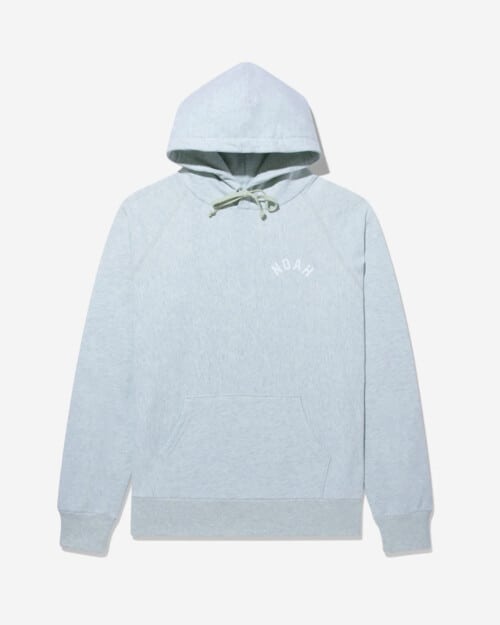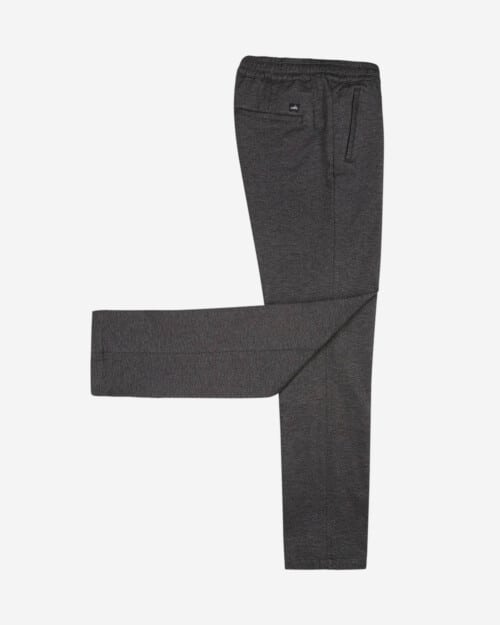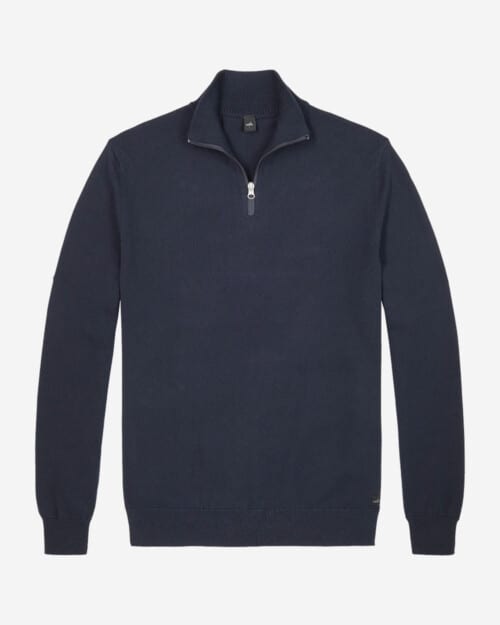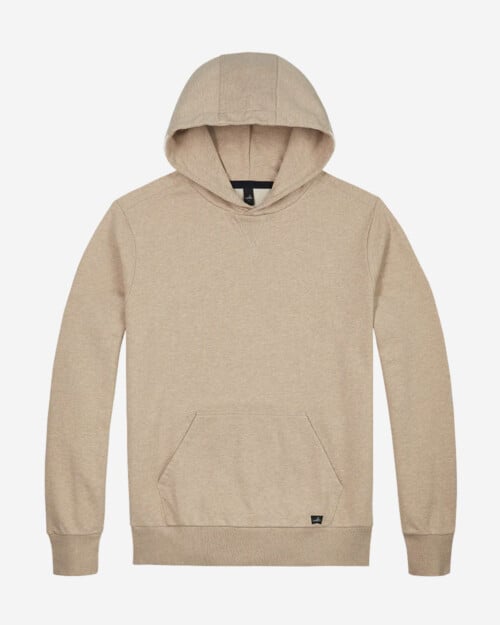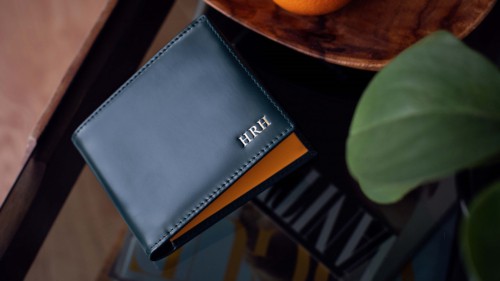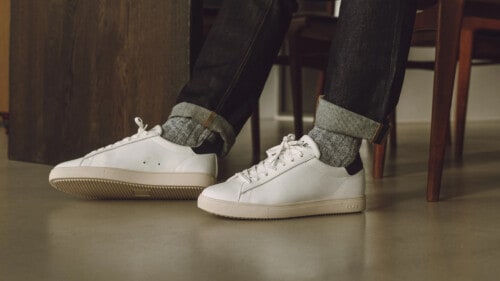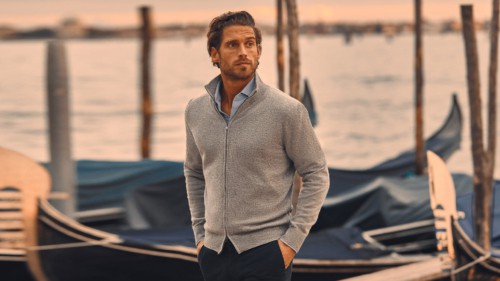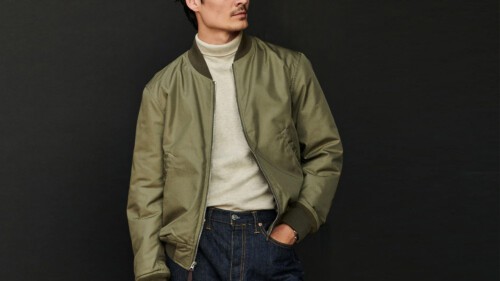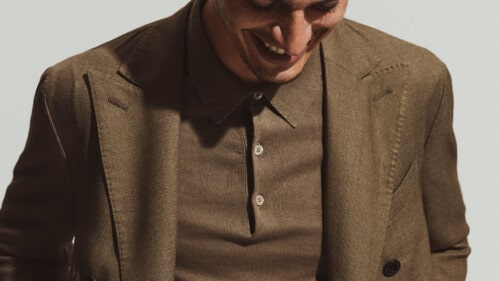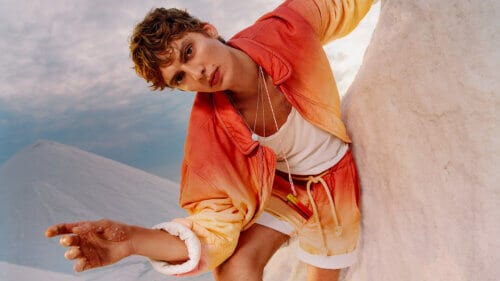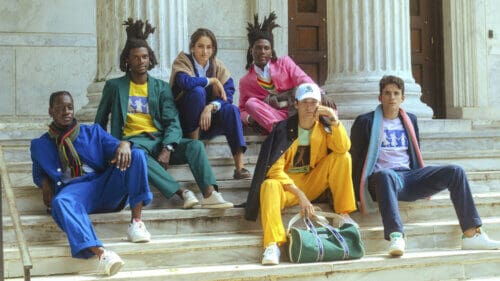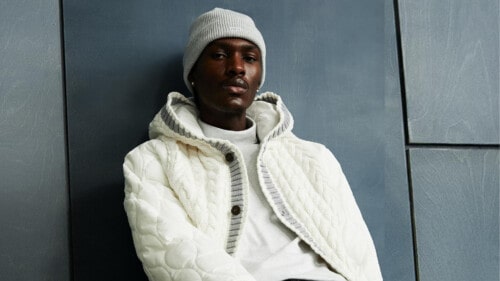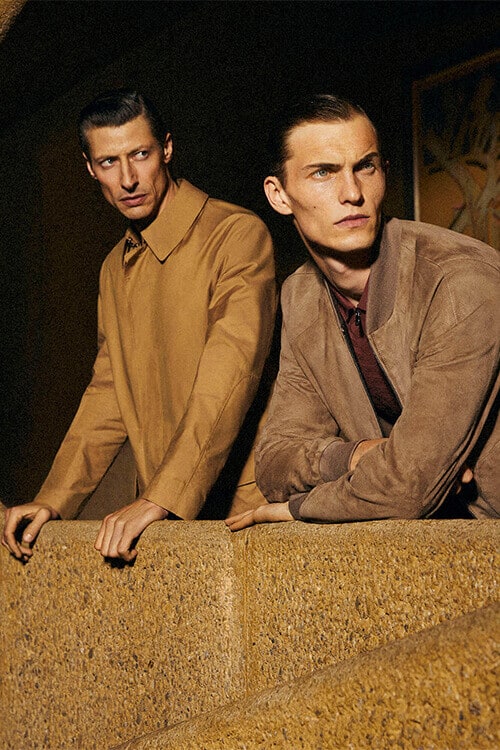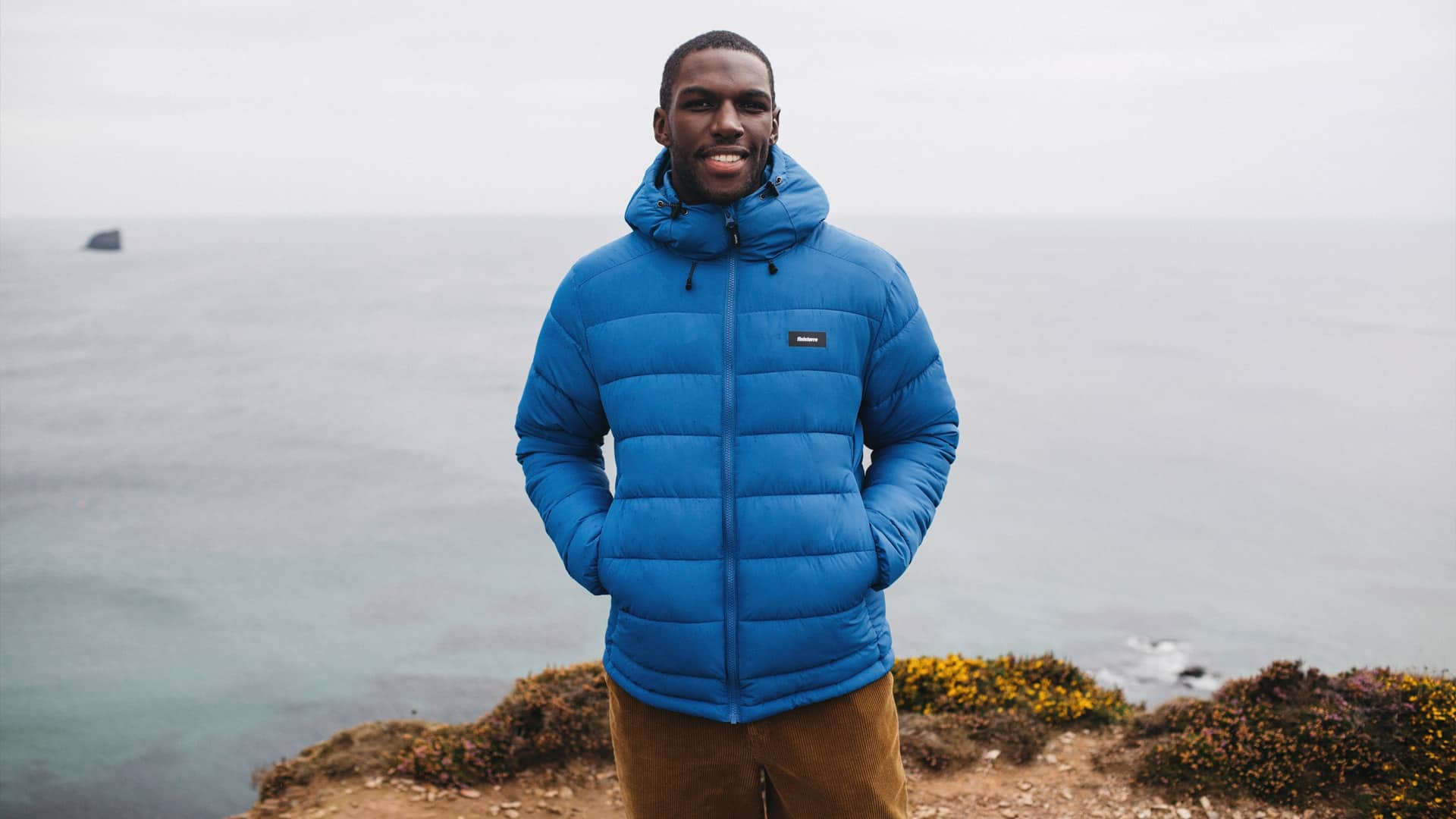
The Most Stylish Eco-Friendly Clothing Brands For Men
Make your wardrobe greener with our pick of the finest sustainable and ethical menswear labels from around the world.
We’ve all experienced the dopamine hit that comes from pulling the trigger on a new piece of clothing. It can be intoxicating and addictive. Wearing nice new clothes makes you feel good about yourself, and that breeds confidence.
It’s no wonder we like to do it, but unfortunately our sartorial spending habits have consequences outside of our bank balances. Namely, damage to the environment.
The solution: get smart about where you buy your clothes from. Start shopping with legitimately eco-friendly clothing brands. Not labels that make all the right noises without actually changing their harmful processes, but ones that actually practise what they preach and do their best to make the fashion industry a more environmentally friendly place.
Unfortunately, distinguishing the real eco-friendly clothing companies from the greenwashers can be tricky. To make things easier, we used our industry knowledge and extensive research to pull together a comprehensive list of the most sustainable fashion brands for men. These are labels that are taking active steps to reduce their carbon footprint while improving working standards.
Why buy from eco friendly clothing brands?
The uncomfortable truth for anyone who takes pride in their appearance is that buying new clothes comes with significant environmental downsides. The process of creating a garment, transporting it internationally and ultimately delivering it to your front door or local shop can create a shocking amount of pollution, emissions and environmental damage.
If it’s not ethically produced, it can force textile workers to put themselves in danger and work for unfair pay too.
Today, the fashion industry accounts for as much as 10% of global carbon emissions. To put that into perspective, that’s more than international flights and shipping combined. Roughly 60% of all materials used in the production of clothing and footwear are plastics too, and the equivalent of a trash wagon full of this stuff is burned and dumped into landfill every single second.
On top of that, around 93bn cubic metres of water – enough to supply five million people – is used by the fashion industry every year. This contributes significantly to shortages of water in some areas.
Eco-friendly clothing brands attempt to address all of these issues and more by doing things differently. These changes can be as small as swapping plastic packaging for paper, or as big as producing every single product from organic, recycled and Fair Trade-certified materials.
They’re still not perfect, but it’s a big step in the right direction.
What makes a clothing brand eco friendly?
Materials
The materials a company chooses to use play a big part in whether it can be considered environmentally friendly or not. Many eco-friendly clothing brands will avoid the use of plastic and synthetics altogether, opting instead for natural materials.
It’s not just plastics though. Cotton, which you might think of as natural, is actually extremely harmful to the environment in terms of its production. It uses vast amounts of water and many of the chemicals used in its growth can damage the environment, kill animals and poison local water supplies.
Therefore, many sustainable brands often choose to use organic cotton instead, which is only produced using natural substances.
Production methods
Eco-friendly brands put a lot of time and effort into reducing the environmental impact of clothing production.
Again, some of this comes down to the choice of materials, but it can also be a case of making things closer to home, using natural dyes and operating a zero waste system, in which offcuts of fabric are all used in garments.
Working standards
It’s not all about the environment. Ethical clothing brands will be committed to improving labour standards for its employees, offering safe working conditions and fair wages.
This means being extremely selective when it comes to the factories it uses and where their garments are manufactured.
Logistics
Shipping products around the world by air freight is a big part of fashion’s sustainability problem. Some brands ship their products exclusively by sea, eliminating the need for aeroplanes.
This still isn’t perfect, but it’s better than the alternative.
Transparency
It’s easy to say you’re doing something and then not follow through, which is why a truly eco-friendly brand will offer full transparency into their supply chain and pricing.
This allows the customer to see exactly where their money is going and even look into the factories where their clothing is being made.
The best men’s eco-friendly clothing brands
Patagonia
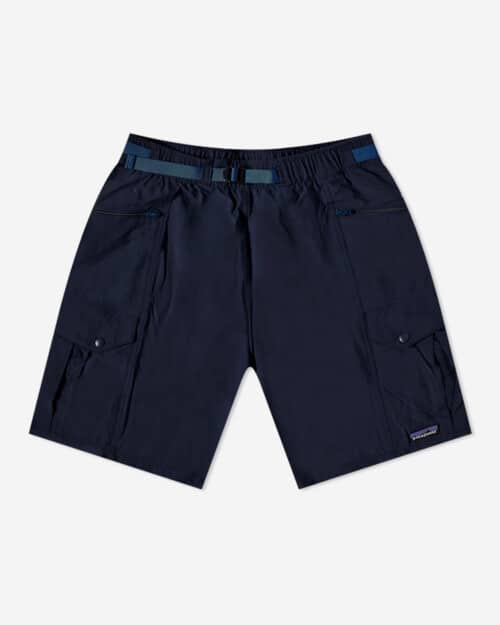
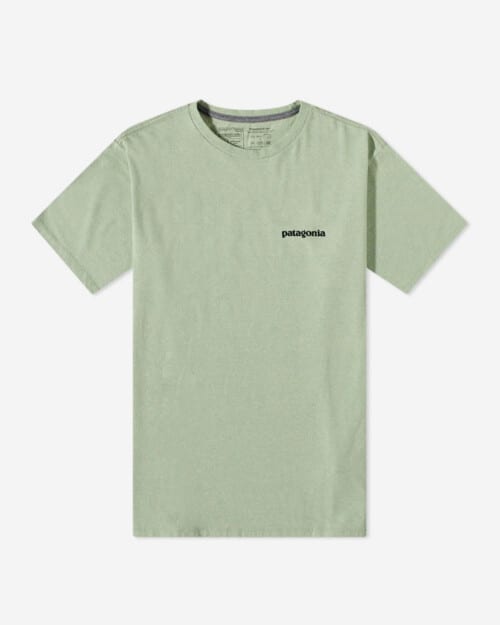
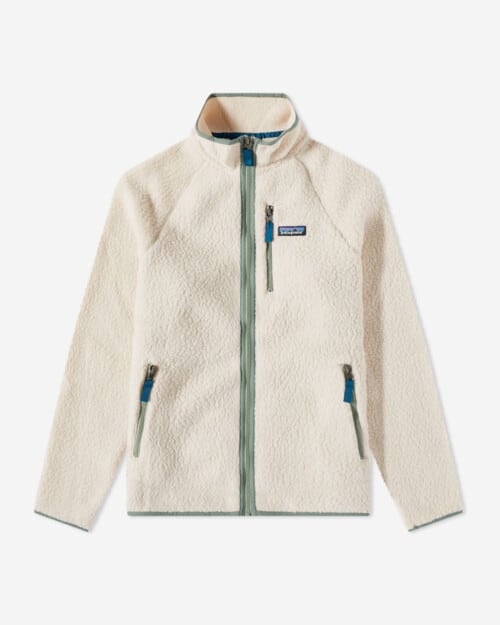
At this point, Patagonia is probably more famous for its commitment to sustainability than its clothing. The Californian outdoor brand started life making climbing equipment for tackling the epic rock faces of Yosemite and beyond, before turning its hand to everything from snowsports equipment to casualwear.
The company makes a huge 87% of its products from recycled materials, and crafts its T-shirts exclusively from recycled or organic cotton.
Founder Yvon Chouinard actually made headlines recently when he put 10% of Patagonia shares into a trust dedicated to protecting the environment. It doesn’t get much more eco friendly than that.
ASKET
Swedish label ASKET is all about stripping things back to the bare basics. It offers a tightly curated selection of menswear essentials that can be mixed and matched as part of a do-it-all minimalist wardrobe.
The kicker is that every garment has been designed and refined to the nth degree to make them as good as they can possibly be. The thinking here is that if you buy better quality clothes, you’ll ultimately have to buy fewer of them.
The overall objective is to reduce consumption and enable its customers to do more with less. Expect to find things like Italian-made jeans, perfectly cut tees, classic versatile outerwear, and simple sweats and knitwear.
Rapanui
Rapanui is a sustainable brand hailing from the Isle of Wight in the UK. It keeps its environmental impact low by using recycled/recyclable materials, organic fibres, renewable energy and plastic-free packaging.
The range includes everything from simple organic cotton T-shirts and underwear to jackets and surf towels.
Prices are very affordable too. Even more so if you decide to buy in bulk, which is an option for many of the brand’s wardrobe basics like hoodies, sweats and tees.
Outerknown
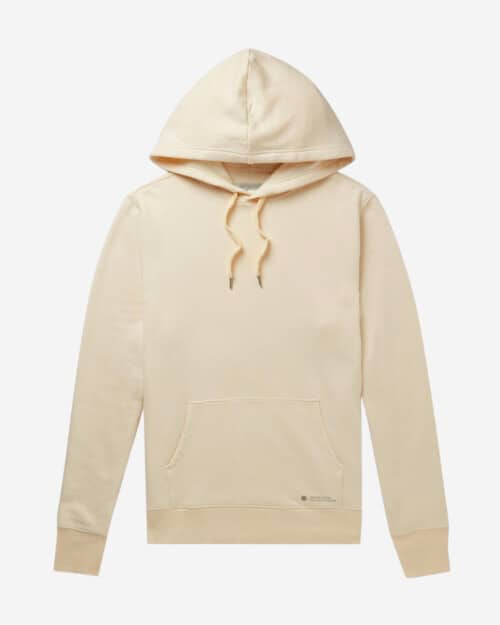
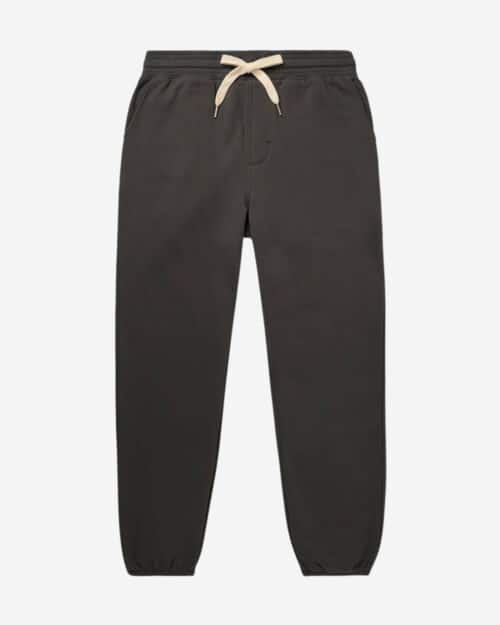
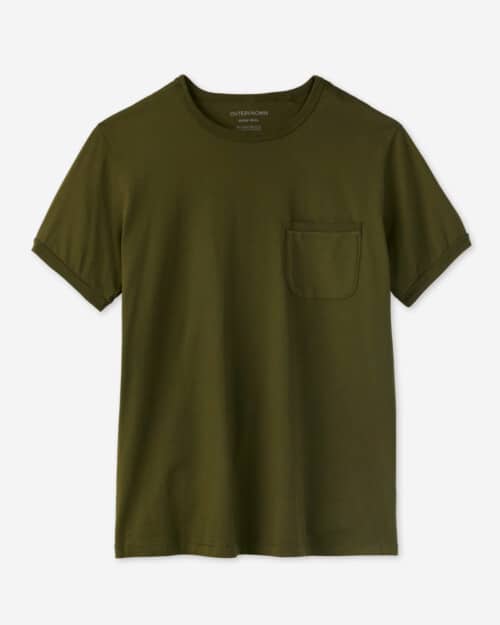
Pro surfer Kelly Slater is the brains behind this eco-friendly clothing brand. With its signature strain of beachy casualwear, Outerknown is committed to improving every aspect of the production process, and hopefully encouraging other companies to do the same.
It’s Fair Trade certified, and works with organic and natural materials. There’s even a recycling program called ‘Outerworn’, which incentivises customers to buy and sell old clothing through the lanel’s website by offering generous discounts.
Pangaia
Pangaia works closely with scientists, designers and technologists to make its clothing. The objective is to use innovation to address the fashion industry’s big production problems and find new environmentally friendly ways of doing things.
It bills itself as a ‘materials science company’ as much as a clothing brand, and invests heavily in things like clever materials that rely on new sustainable technologies, natural fibres and organic production.
The range is made up of casual classics like T-shirts, sweats and denim, but there’s also more specialist stuff like activewear and sustainably made tailoring that’s well worth checking out.
Cariuma
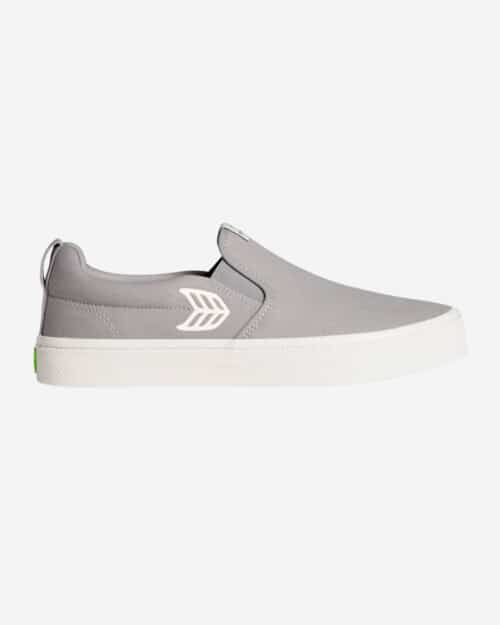
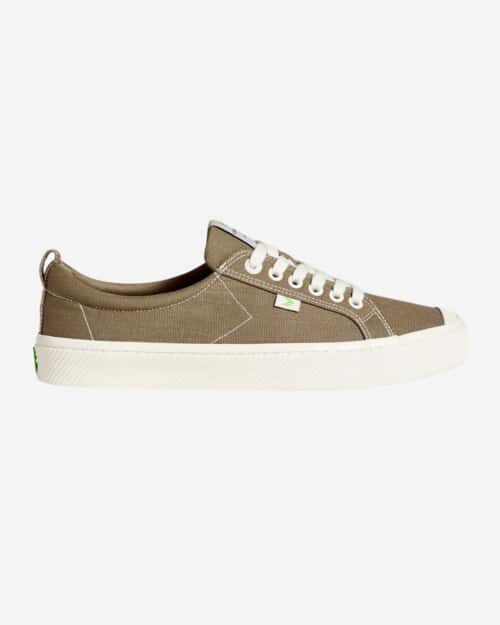
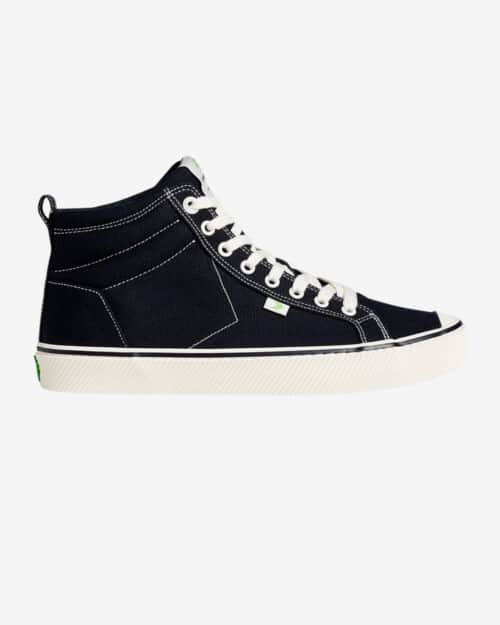
Hailing from Brazil, Cariuma is a sustainable footwear brand with its roots in skateboarding. It makes simple, classic sneakers using responsibly sourced materials, including bamboo, organic cotton and sugarcane.
There are lots of styles available, including slip-ons, high-tops and simple lace-ups. There’s also a vegan range for those who want to take their sustainable buying a step further.
Plus, for every pair of shoes purchased, the brand has vowed to plant 10 trees.
ArtKnit
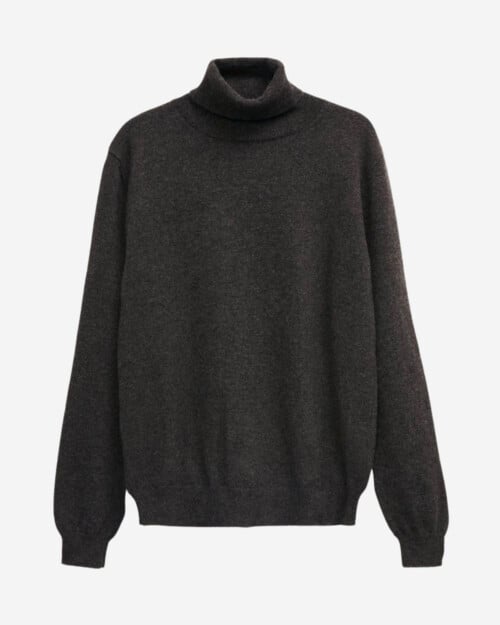
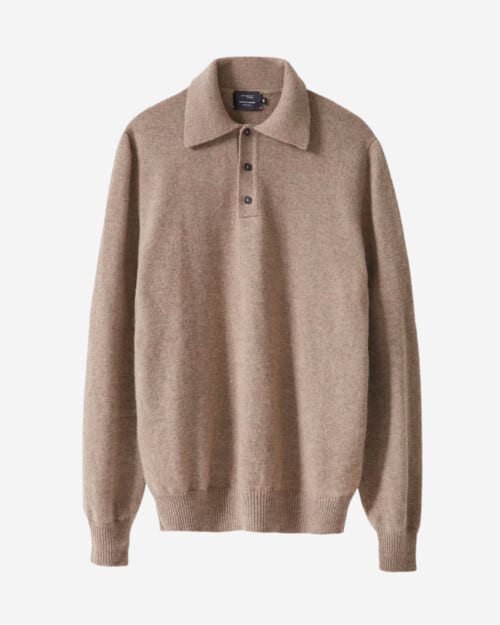
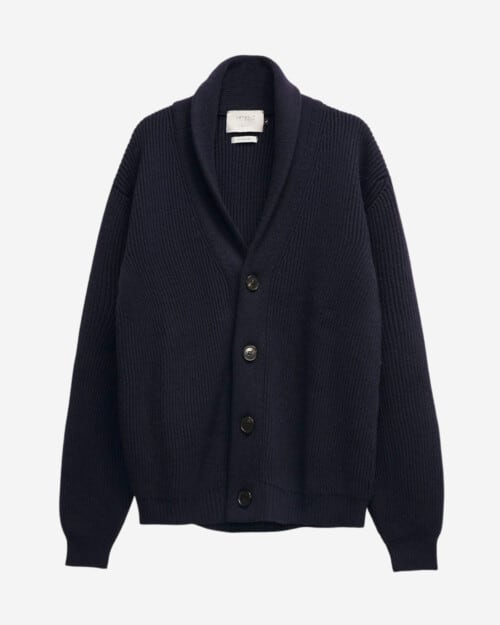
Direct-to-consumer knitwear brand ArtKnit Studios is based in the Italian capital of knitwear, Biella. This puts it in a fantastic position to be able to access some of the best factories and fabric suppliers in the world.
What’s more, the brand is committed to being zero waste and uses exclusively natural fibres in order to keep its environmental impact as low as possible.
There are no seasonal collections here, and the focus on quality is there to ensure products last for as long as possible, reducing the need for further consumption.
Neem London
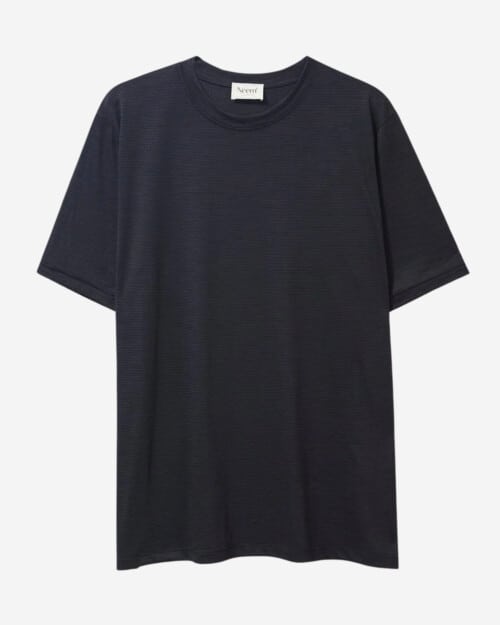
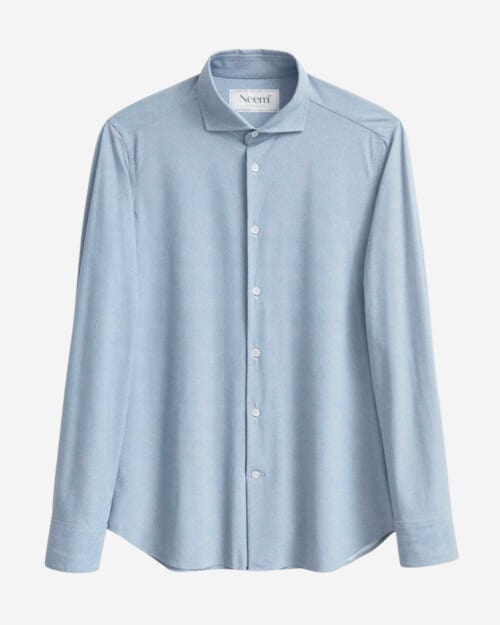
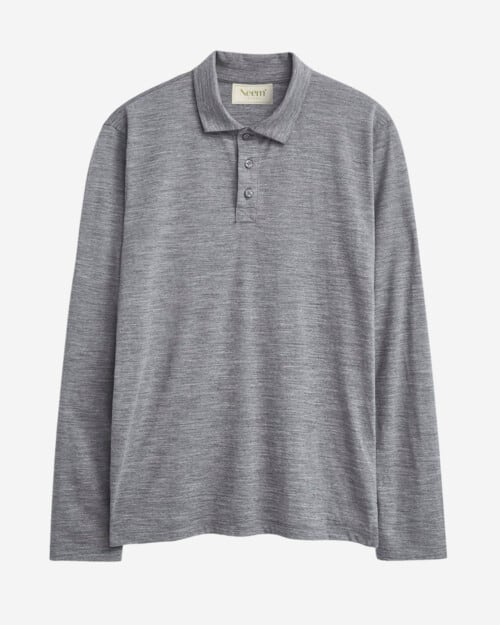
London-based label Neem goes in heavy on the recycling angle. It makes its clothes almost exclusively from recycled materials and even refers to itself as ‘the antiseptic to fast fashion’.
The full range consists of simple casual classics with a contemporary twist. They’re designed to be versatile, meaning that you can wear them across more of your wardrobe and ultimately get more out of them.
Neem’s ultimate end goal is to create a closed-loop menswear system, where there’s no waste at all and the entire production process is carbon neutral.
Raeburn
Fashion isn’t something we tend to associate with sustainability, but Christopher Raeburn is doing his best to change that with his eponymous brand.
The British designer works heavily with recycled and repurposed materials to create both runway-ready looks and ready-to-wear collections.
The brand’s ‘Ræmade’ philosophy has been core to everything it does since the beginning, working with surplus materials that would otherwise go to waste in order to create new and beautiful things.
Non
Sustainable fashion brand Non specialises in eco-friendly jeans. It uses a mix of organic and recycled cotton to produce its denim, with even the thread and zippers made from post-consumer recycled polyester to help keep it away from landfill.
The brand even creates selvedge denim, which it uses to create not just jeans, but also jackets and accessories.
Everything is vegan friendly too, and comes packed in environmentally friendly packaging.
Ölend
Ölend specialises in real bags for life – ones that aren’t just built to last, but also look good.
The label started out creating backpacks inspired by mountaineering in the 40s and 50s, but now the range includes everything from little crossbody bags and phone pouches to vast weekenders.
The element that underpins everything the brand does is its mission to make its products as sustainable as possible, which it does by being selective about materials and crafting its products locally in Spain and Portugal.
Wawwa
Manchester’s Wawwa makes laid-back, loose-fitting clothes in earthy tones. The collection includes things like graphic tees, sweats, hoodies, outerwear and accessories, all made using environmentally-friendly production processes.
Everything is organic, ethical, vegan and friendly to the planet, and there’s a strong focus on quality with the goal of encouraging people to buy less in the long run.
Finisterre
Finisterre is another ethical brand with its roots in surfing. Founded in Cornwall, it produces a range of laid-back clothing, including tees, sweats, knits and outerwear.
In order to make its clothes, Finisterre works only with environmentally friendly materials, responsible suppliers and factories, and ships all of its products in sustainable packaging.
Thanks to its central ethos, the brand has been a certified B corporation since 2018, making it a great place to go for eco-friendly casualwear.
Flax London
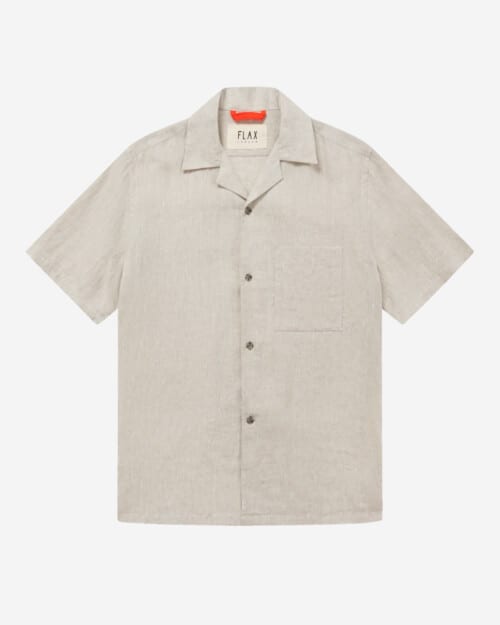
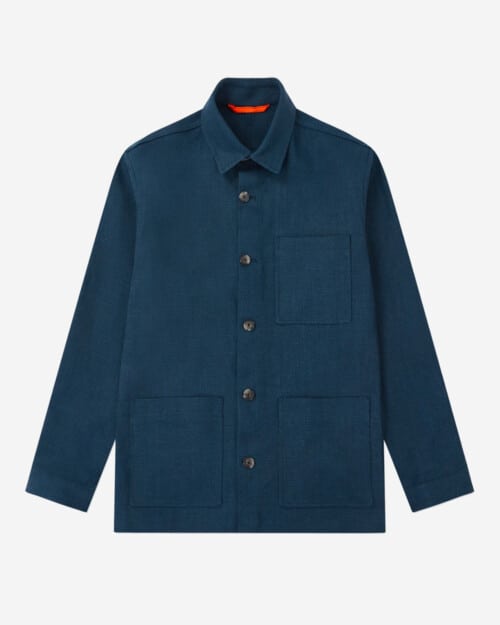
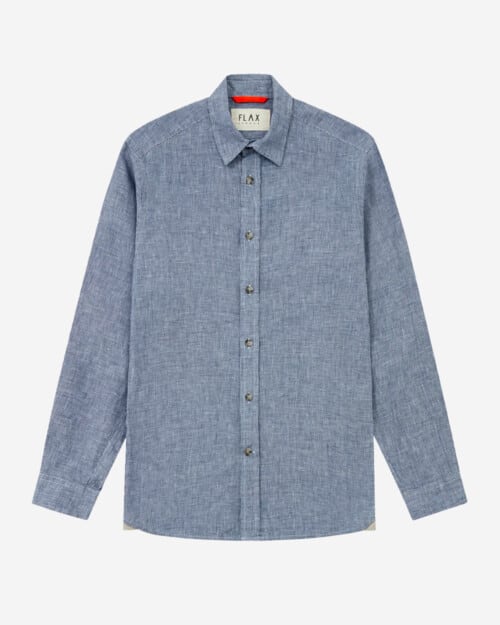
As you may well have deduced from the name, Flax London likes to make things from linen.
Linen is one of the world’s most sustainable materials thanks to the fact that the entire flax plant can be woven into fabric, resulting in no waste. If it’s produced organically, it can be made without the use of harmful chemicals too.
The trouble is that linen is often seen as a summer fabric, but Flax is on a mission to change perceptions around how and when linen can be worn. In fact, it’s created an entire range out of the stuff, much of which can be worn all year round.
Check out the Harringtons and railway jackets in particular.
Neutrale
Neutrale is a Spanish brand based in Madrid that partners with local suppliers and producers to make its clothes in small batches.
By only using organic cotton, the label gets rid of the need for harmful chemicals in the production of its clothes, as well as cutting its water consumption by 91%.
The clothes themselves are beautifully made and designed for versatility and longevity, meaning you’ll still be reaching for them many seasons and years down the line.
L’Estrange
London-based brand L’Estrange is on a mission to elevate those everyday basics that we all wear. Think hoodies, joggers, T-shirts and all the rest – the things you’d wear all day every day if you could.
What the L’Estrange cleverly does is to take elements from tailoring and formal attire and apply them to these essentials, resulting in comfortable clothing that’s smart enough to mingle with more upscale pieces but easy to dress down too.
In terms of its environmental credentials, it uses eco-friendly materials, manufactures locally and limits the amount of chemicals and water used in production.
Cotopaxi
Named after one of the world’s highest active volcanoes, Cotopaxi is an outdoor clothing brand that does everything in its power to make its products as ethically and sustainably as possible.
The certified carbon neutral company focuses on using repurposed, recycled and responsible materials, and donates 1% of its profits to fighting poverty, empowering communities and reducing inequality in Latin America through education, health care and livelihood.
The brand is famous for its colourful backpacks and bags, but it also makes a whole range of outdoor-friendly clothing and gear, including fleece jackets, shells, tees and more.
ISTO
Portuguese label ISTO believes in slow fashion. Instead of pumping out trend-led seasonal tat in huge volumes, it strips things back to the basics and focuses instead on quality.
The idea is to create a range of highly wearable, highly versatile clothes that are built for the long haul rather than being destined for landfill.
The products are all manufactured in ISTO’s home country, the European textiles capital, and they’re produced in reputable and responsible factories using environmentally-friendly materials.
Don’t believe us? Just check the website for full transparency.
MUD Jeans
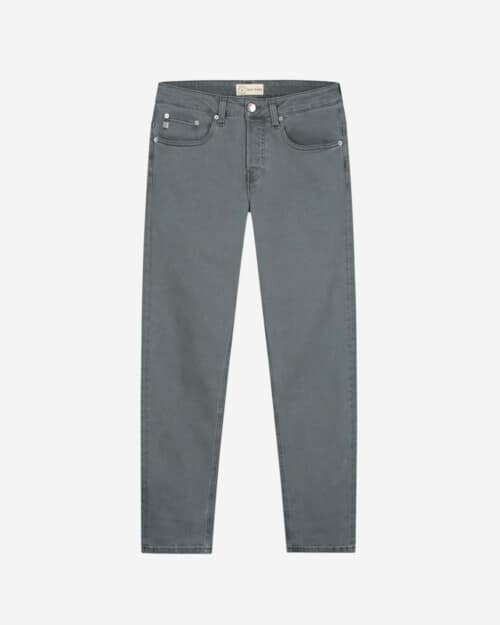
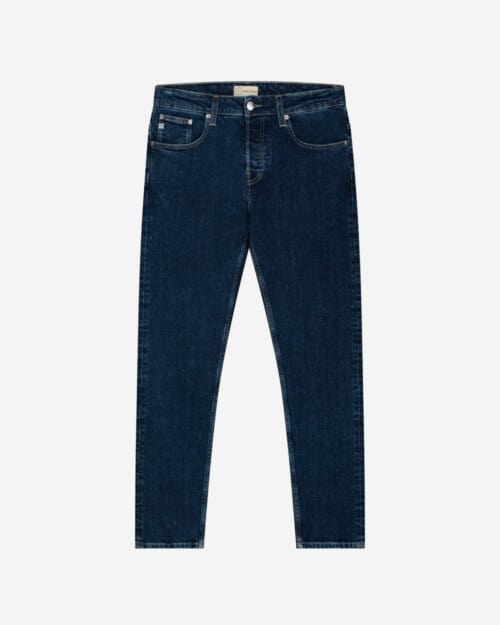
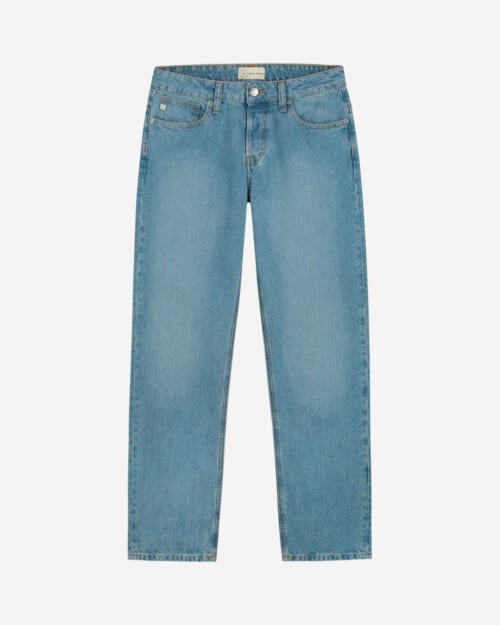
MUD has been doing sustainable fashion longer than most. Founded in 2012, the brand became one of the world’s first B Corps, offering high-quality jeans that are sustainably produced and are available to either buy or lease.
Confused? That’s probably because this is a pretty unique way of doing things. Essentially, you can pay monthly for a pair of jeans and return them to MUD when you’re done, where they’ll be recycled.
Or, wear them for 12 months and they’re yours to keep. In short, it’s circular denim, and undoubtedly the most eco-friendly pair of jeans money can buy.
Colourful Standard
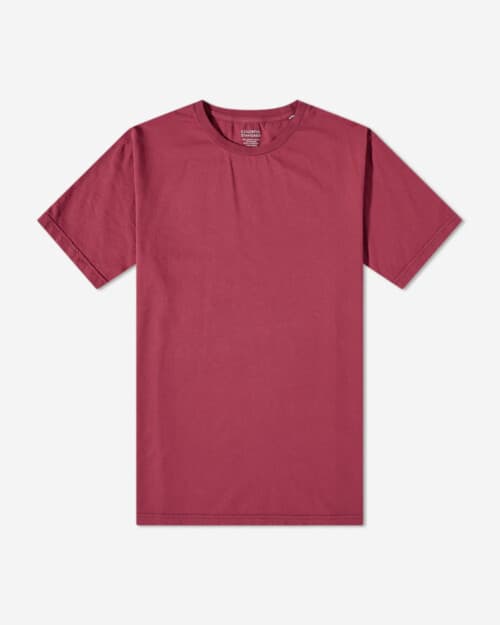
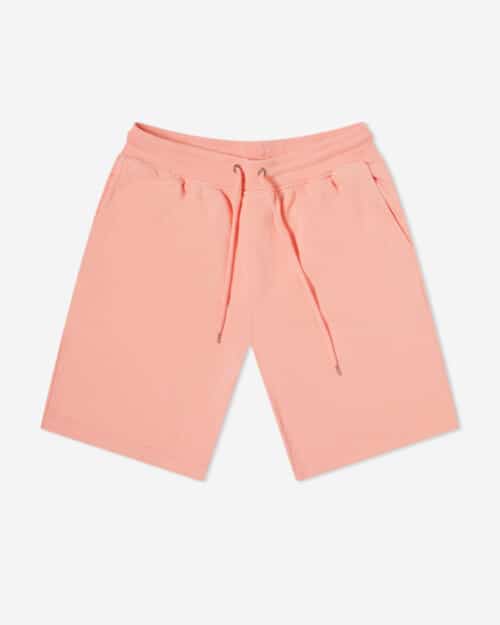
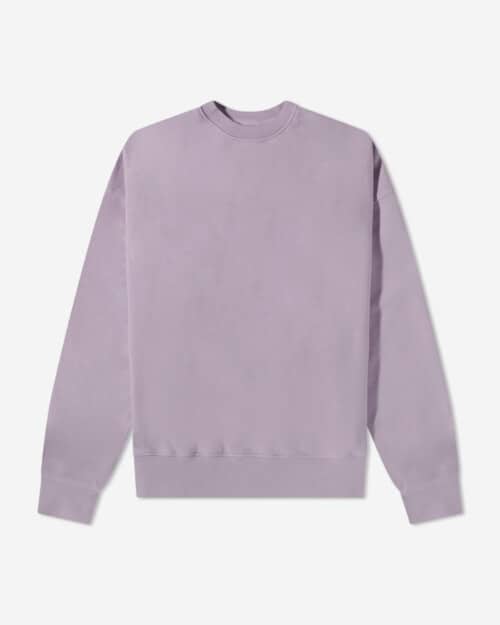
Colourful Standard is a simple brand. It makes no-frills organic basics in a wide range of colour options, choosing to focus on quality and sustainable manufacture rather than worrying about fashion trends or seasonal collections.
You can find everything from hoodies and sweatpants to underwear and Oxford shirts on the website. There are even sunglasses that are handcrafted in Italy using plant-based materials.
Noah
By its founder’s own admission, it’s difficult to call yourself truly sustainable when you’re in the business of selling clothes. That being said, NYC grown-up streetwear label Noah does more than most to ensure it does as little harm as possible to the planet while producing, transporting and selling its products.
“We may not be sustainable, but we are trying our best to be responsible,” the brand shared in a blog post. “We put integrity above trends, and try to work exclusively with suppliers and manufacturers who treat workers fairly… To say we’re sustainable would be a lie. To say we’re doing a little more with each season would be the truth.”
At last, a brand keeping it real with its customers while trying its best to limit the impact it makes.
Wahts
Wahts is another Portuguese label that chooses to do all of its manufacturing on home turf to make production as eco friendly as possible.
It transports its goods by land as opposed to air, works with responsible factories with good working standards and invests in innovative sustainable fabrics to make its products.
The clothes have an athleisure feel to them, are made to stand the test of time and based around classic silhouettes as opposed to fickle trends to ensure they look as good in a decade’s time as they do today.
Story MFG
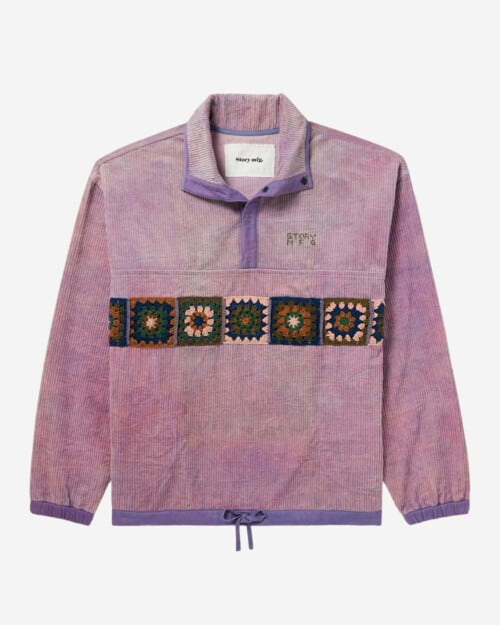
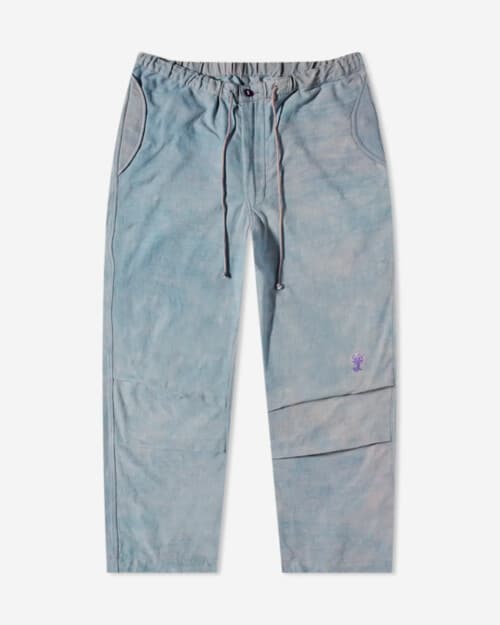
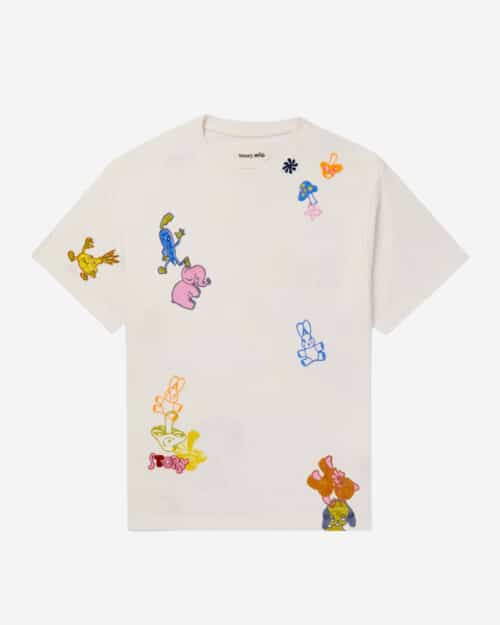
British brand Story MFG’s signature hippyish, psychedelic aesthetic has made its clothes some of the most recognisable and talked about in recent years.
The husband and wife team is on a mission to make fashion kinder, more conscious and more environmentally friendly through working closely with producers, being smart about material choices, and always choosing the most ethical route to the end product rather than the fastest one.
Expect loose cuts, wide silhouettes, flowery and mushroomy graphics and more than a little bit of embroidery.
Will’s Vegan Shoes
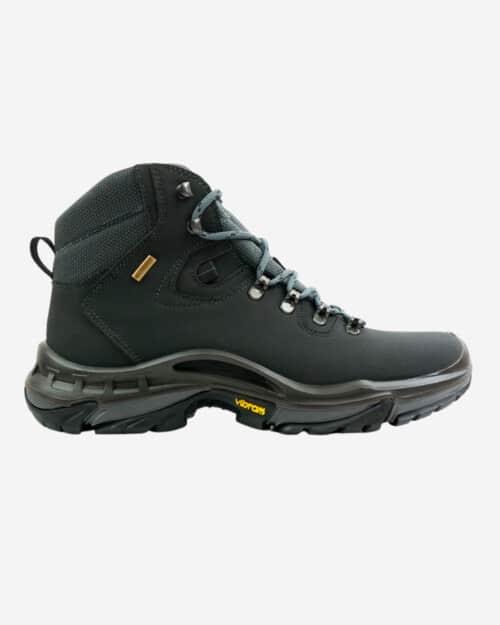
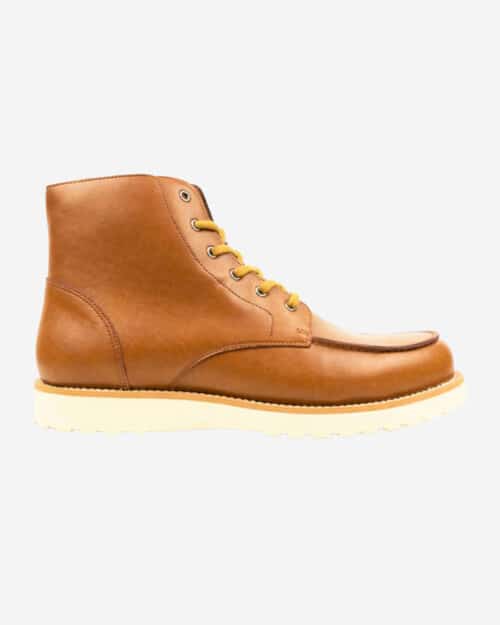
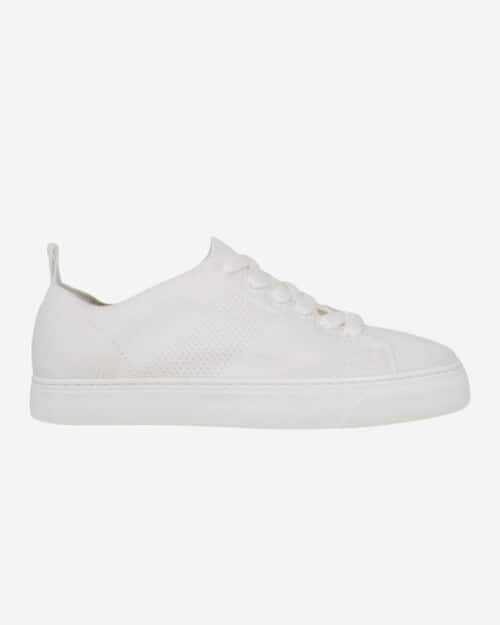
What it lacks in a catchy name, Will’s Vegan shoes more than makes up for in – you guessed it – vegan footwear.
The brand uses only biodegradable, non-animal materials to make its footwear, and the range includes everything from sneakers and hiking boots to brogues and casual boots.
What’s more, you can even return your old shoes when you’re done and the company will recycle them for you.
